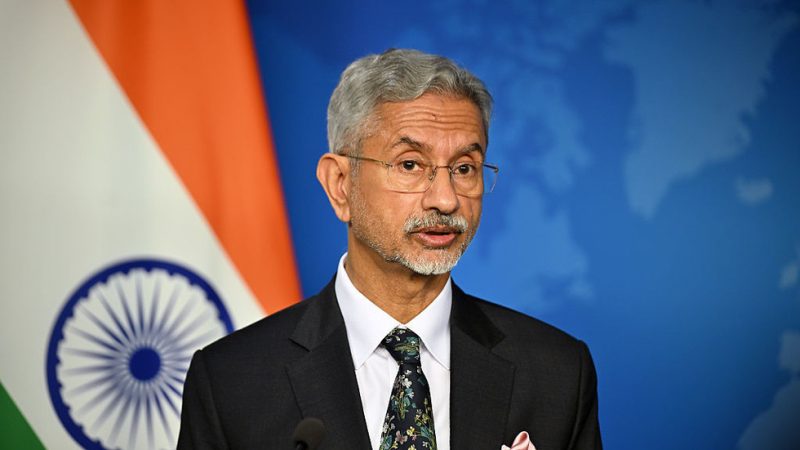
The winds of change are blowing through the global landscape, and the Global South is making its voice heard. Indian Foreign Minister S. Jaishankar recently highlighted a growing chorus of discontent among BRICS+ nations, expressing a profound desire for a fairer and more equitable world order. This sentiment reflects a deep-seated frustration with the existing system, perceived by many as rigged against their interests.
For years, many developing nations have felt marginalized in international forums, their concerns often overlooked in favor of the agendas of powerful, established players. The current geopolitical structure, inherited from a bygone era, often fails to adequately address the unique challenges and priorities of the Global South. This includes issues ranging from access to vital resources and fair trade practices to climate change mitigation and debt relief.
Mr. Jaishankar’s comments underscore the rising assertiveness of these nations, demanding a more inclusive and representative global governance system. The BRICS+ grouping, which includes Brazil, Russia, India, China, South Africa, and other invited nations, represents a significant bloc of developing countries, and their collective voice is becoming increasingly powerful. Their shared experiences and aspirations are driving a push for reform, seeking to reshape international institutions and norms to better reflect the realities of the 21st century.
This movement is not merely about challenging the status quo; it’s about creating a more just and sustainable future for all. The call for change is not solely focused on economic interests, but also encompasses issues of cultural representation, political participation, and the preservation of national sovereignty. The Global South’s desire for a reformed world order is a significant development, signaling a potential shift in global power dynamics and the evolution of international relations.
The coming years will be crucial in determining how the international community responds to this burgeoning demand for change. Will the established powers listen and engage constructively, or will they continue to cling to outdated structures? The answer will significantly shape the future of global cooperation and the prospects for a more equitable and prosperous world for all nations.










